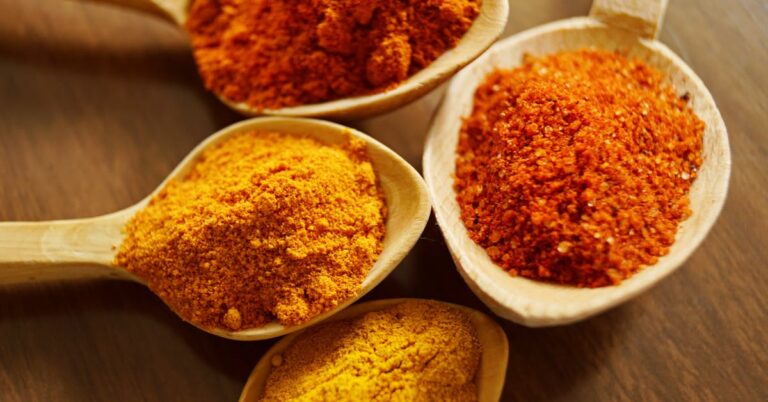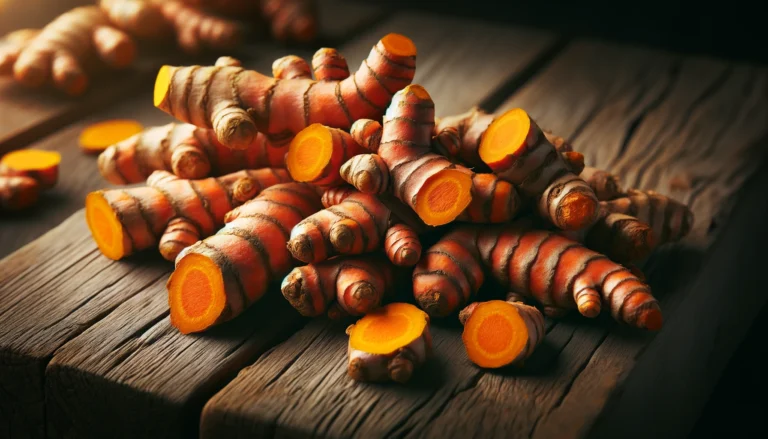Turmeric Face Mask: Benefits, Recipes, and Application
Introduction Welcome to our blog post on turmeric face masks! If you’re looking for a natural and effective way to improve your skin’s health and appearance, turmeric might be the answer you’ve been searching for. Turmeric, a vibrant yellow spice commonly used in cooking, has been used for centuries in Ayurvedic medicine for its numerous…











